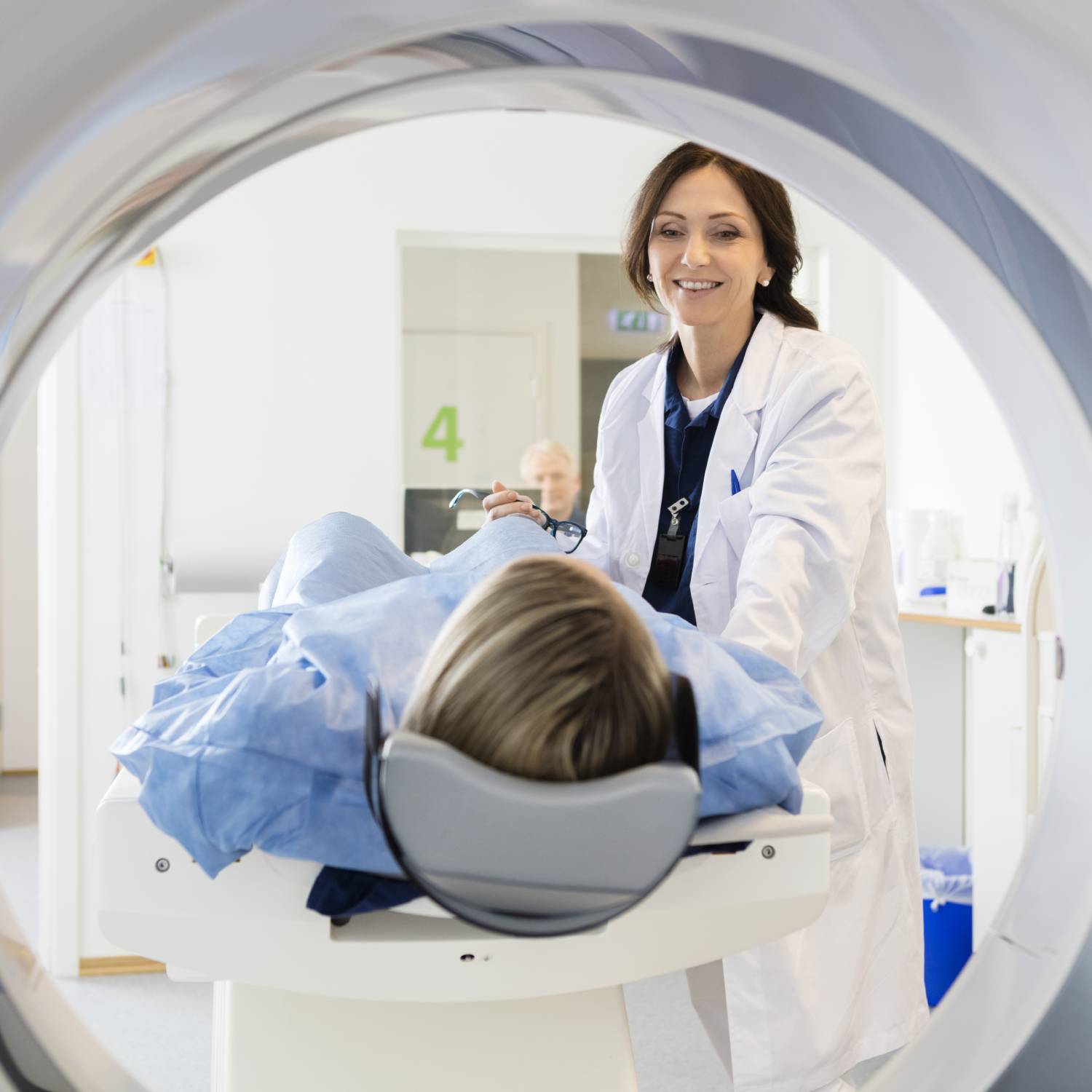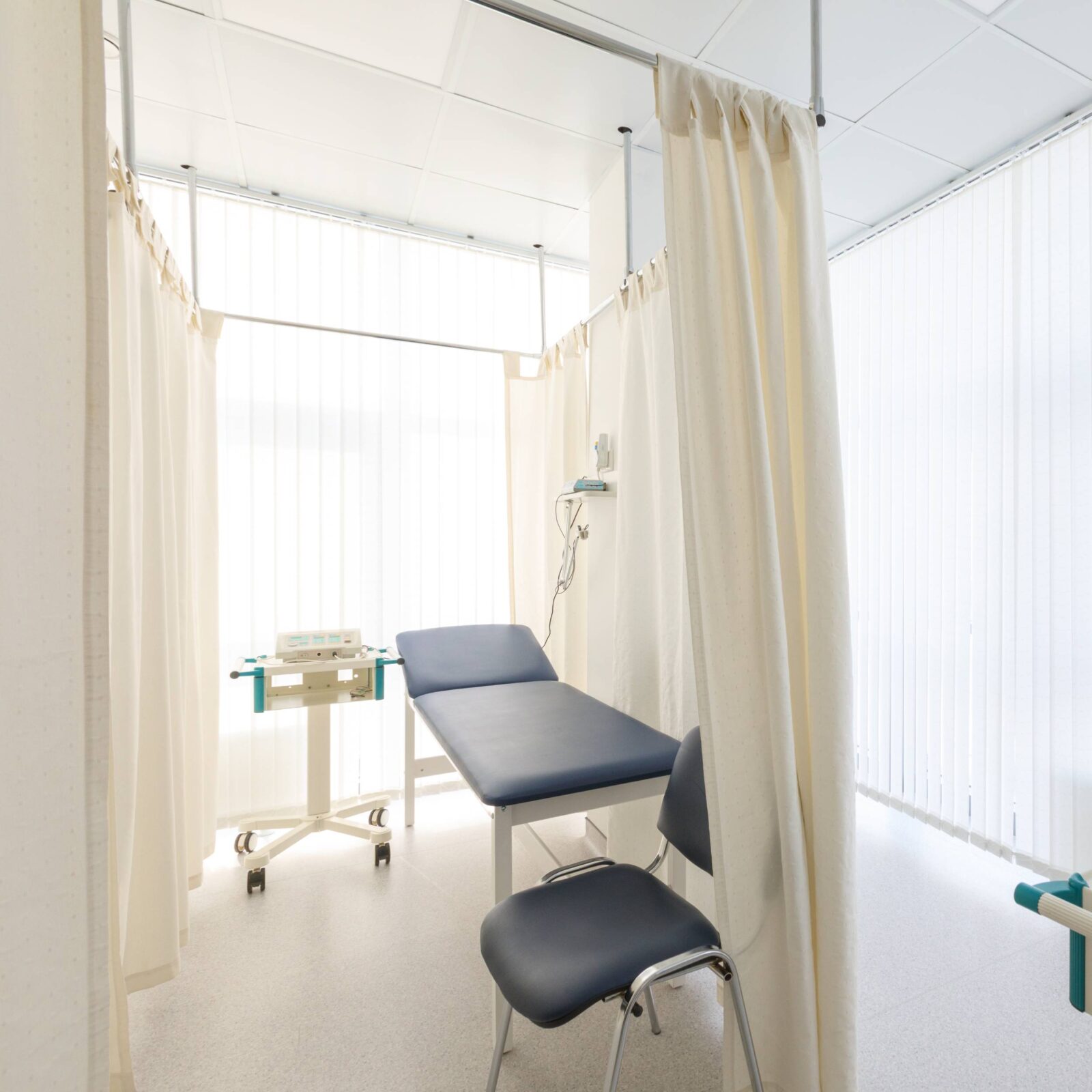What is Pelvic Congestive Syndrome
Pelvic congestive syndrome, also known as pelvic venous disease or PeVD, is a cause of chronic pelvic pain in women. With pelvic congestive syndrome, veins in the lower abdomen don’t function normally and cause blood to build up. Over time, this can cause veins in the pelvis to enlarge, similar to varicose veins in the legs, and can lead to significant pain that negatively affects their quality of life.
Symptoms of Pelvic Congestive Syndrome
Because there are many potential causes of pelvic pain, pelvic congestive syndrome is often difficult to diagnose. The primary symptom is pelvic pain that lasts for more than six months. This pain typically worsens throughout the day and lessens when sleeping.
Other potential symptoms of pelvic congestive syndrome include:
- Pain during or after sex
- Bulging veins around the vagina, vulva, or the top of the thighs (varicose veins)
- Irritable bladder and/or bowel
Risk Factors for Pelvic Congestive Syndrome
This condition primarily impacts women who have had multiple pregnancies. Other potential risk factors include a family history of the condition, having a retroverted uterus, polycystic ovaries, and hormonal dysfunction.
Treatments for Pelvic Congestive Syndrome
Hormonal medication can help to relieve pain in some cases. Another common treatment is ovarian vein embolization, which involves blocking blood flow to the vein to reduce swelling and provide pain relief. This minimally invasive procedure is done by creating a small incision in the neck or groin and feeding a catheter through the vein to the affected area in the pelvis. Using imaging guidance, the physician can identify the swollen vein and use a coil or other embolic agent to stop the blood flow and reduce symptoms.
Unlike open surgery, this procedure has a short recovery time, meaning patients spend less time in pain and more time returning to the quality of life they deserve.
If you’d like to see if ovarian vein embolization is the right choice for you, reach out to schedule an evaluation appointment with one of our doctors. Our expert interventional radiologists are here to help you feel better without the trouble of major surgery.












